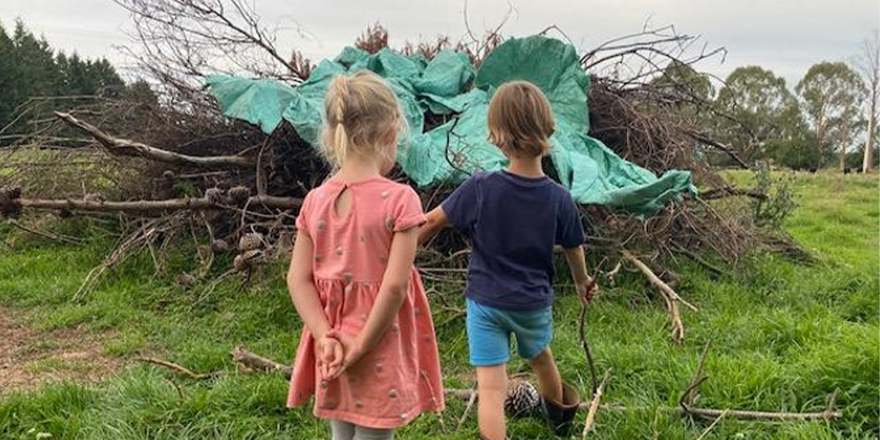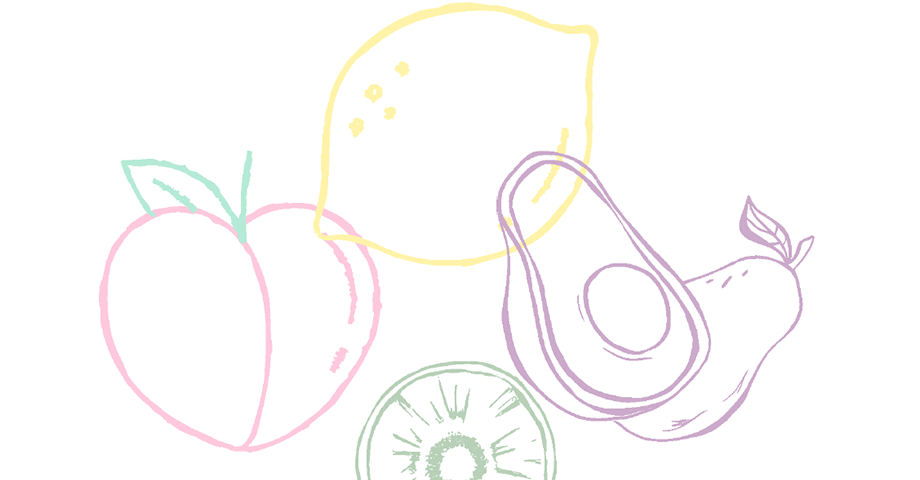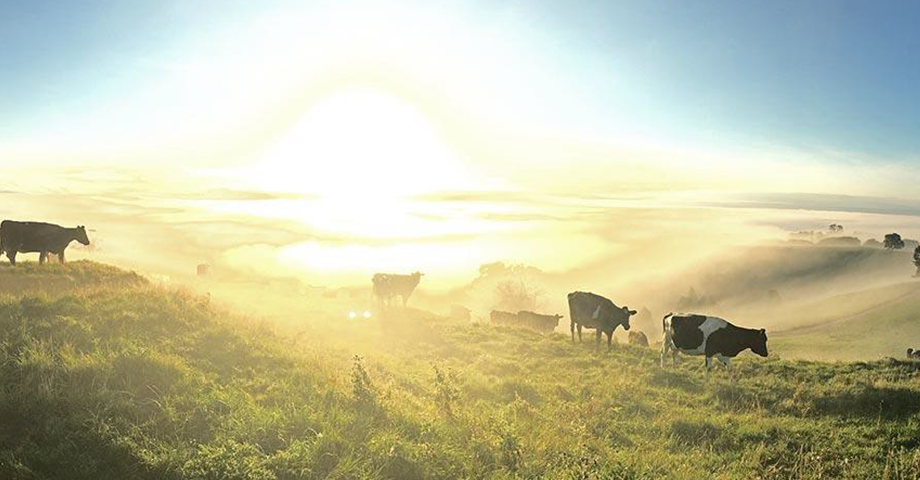
Executive summary
Environmental awareness is at the forefront of most sheep and beef farmers’ minds. A perceived flood of regulation towards farmers has led to farmer protests and a dangerous perception that farmers pushing back against environmental regulation signifies farmers do not care about the environment.
Burning or burying farm rubbish was formerly a habitual part of being a farmer, a lack of access to waste recycling or landfills meant there often was no alternative. There are now alternatives but, from my own experience working on sheep and beef farms in Hawke’s Bay, I still see a significant amount of waste going into on-farm landfills or up in smoke.
This project discovered why some farmers still burn their plastic and investigated current waste recycling options for sheep and beef farmers. I sought to gain a deeper understanding of the mentality of farmers who burn or bury rubbish to help understand how their opinions could be swayed. The perception of farmers as kaitiaki could easily be undone by smoking piles of plastic or holes on farms full of plastic containers.
The research completed for this project was in the form of interviews with five local sheep and beef farmers, two focus groups with local sheep and beef farmers, and conversations with key stakeholders involved in plastic recycling schemes. Thematic analysis of the data gathered from the interviews and focus groups helped to give insights into the current behaviours and thoughts related to farm waste streams.
The key learnings from the farmer interviews and focus groups were that:
- Cost and convenience are current barriers to engagement
- A perceived thought that they are not harming the environment with current practices of burning and burying.
- Rumours and misinformation about current recycling programs
Key learnings from current farm recycling plastics programs
- Farmers learn from Farmers.
- Farmers need to see tangible products made from recycled plastic to believe it is worth recycling.
- The cycle of misinformation and distrust of the current schemes must be broken.
- A simple system where one company manages all of the farm waste streams, rather than the fragmented current system, would be easier for farmers to engage with.
After thematic analysis of my own research and completing a literature review heavily related to farmer behaviour I concluded that to improve the uptake of farm recycling schemes there must be a straightforward model where one company deals with all waste streams. If this company could produce a number of functional, tangible products (being made from recycled plastic) it would make it much easier for farmers to engage with the programs as they can see where the plastic is going.
And finally, engagement with farmer led catchment groups by this company to ensure that the correct segments of farmers are targeted for the uptake of these programs to be ensured.
Download and read the full report here




